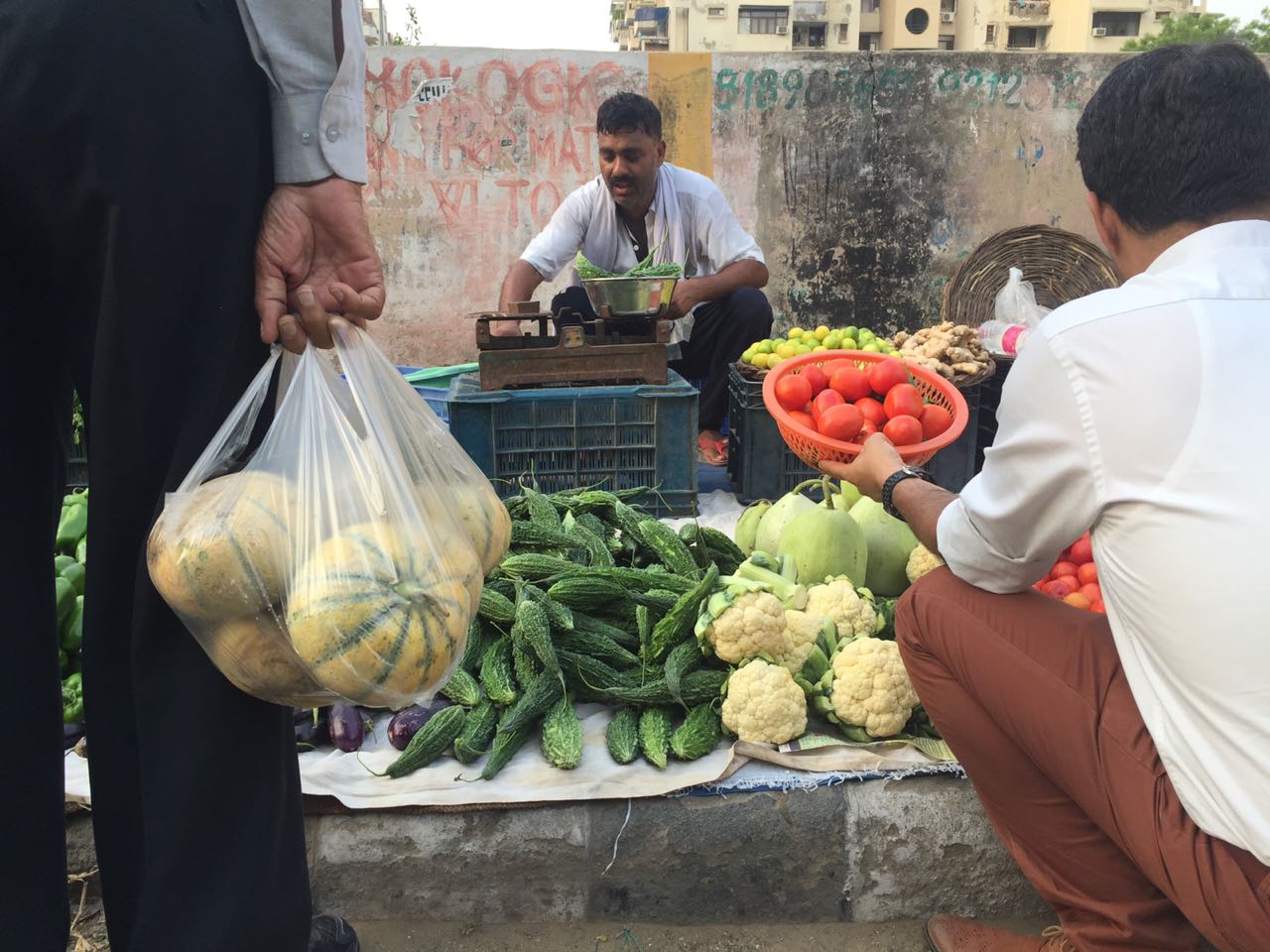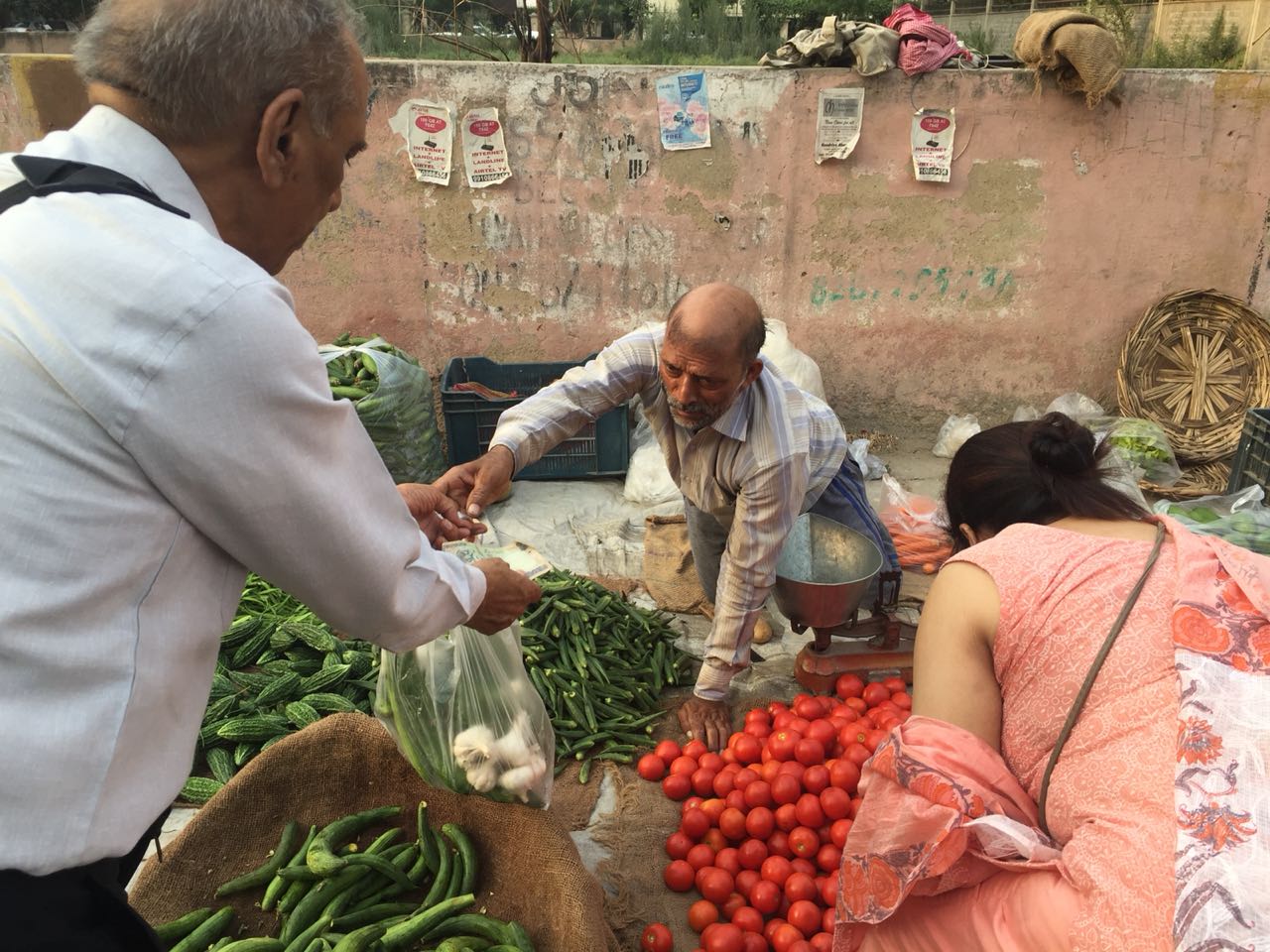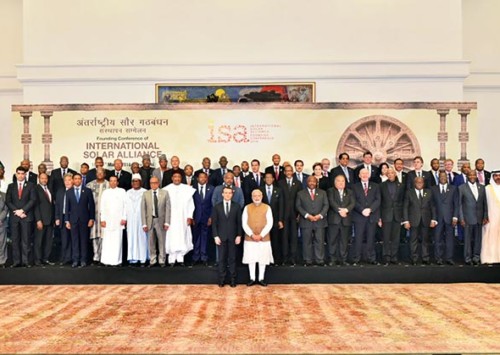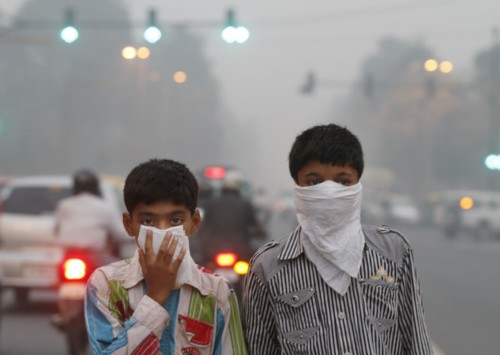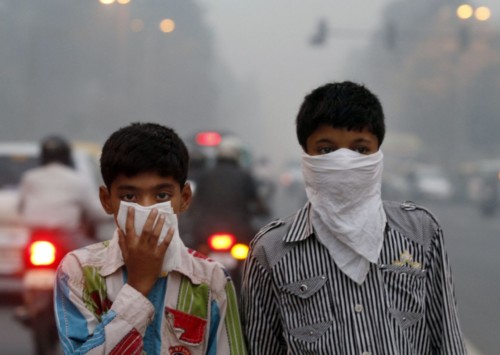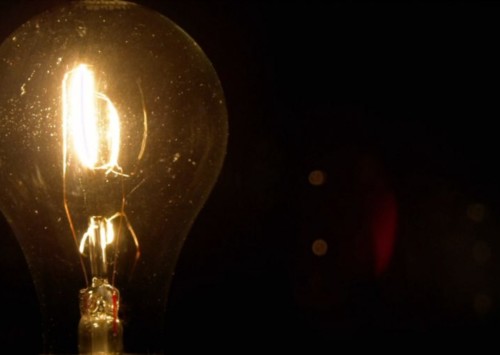World Environment Day 2018: India suffocates in plastic
As India hosted World Environment Day yesterday taking the lead to fight plastic pollution, drains in Indian cities were being clogged with plastic bottles, bags and food wrappers. Though there are initiatives with a view to reduce plastic pollution, lack of public awareness and enforcement of laws remain.
On the morning of June 5, 2018, everything in New Delhi seemed to be the same as it is everyday. The local fruits and vegetables vendors were selling in plastic polythene bags and the buyers didn’t seem to mind either.
June 5 was observed as World Environment Day and India was the global host this year, taking the charge to ‘Beat Plastic Pollution’. However, even after pan-Indian plastic clean up drives were carried out, there is lack of public awareness and enforcement of environment laws.
“There are plastic bags everywhere in Delhi, at all local stores. The only exception for me are the Mother Dairy Safal stores and big retail outlets like Reliance, More, and Big Bazar that use paper or jute bags, or request customers to bring their own empty bags,” says Baldev Raj, a resident of west Delhi.
According to Vinod Jain, who took the issue of plastic threat to the court in 2009, polythene bags with less than 50 microns (unit to measure thickness of the plastic) are back in the market. Their circulation might have stopped in shopping malls and big retail outlets, but vendors and local shops are still using them widely.
Plastic bags measuring less than 50 microns are banned in Delhi and still they are being used everywhere. The situation had improved after the National Green Tribunal (NGT) – a body governing environmental disputes and development, banned their use and imposed a penalty. But gradually, the civic authorities lost their hold.
Not only in Delhi, but people and vendors in other metropolitan cities like Mumbai, too walk amidst garbage, which is not just on the streets but also at its beaches and in the sea.
According to a 2017 Central Pollution Control Board data, Delhi generates more than 10,000 metric tonnes waste daily, having the highest share of plastic waste among all metropolitan cities in the country.
Though some restaurants are replacing plastic utensils with paper ones, take for instance straws; and Indian Railways is now using biodegradable packages in some trains, a lot more lefts to be done.
Nowhere near the target, despite initiatives
On the occasion of World Environment Day yesterday, the Chandrabhaga beach in Odisha was awarded with Blue Flag certification, a first in Asia. The certification is given to environment-friendly and clean beaches with amenities of international standards.
Towards the west, Mahindra and Mahindra leased out electric vehicles in Maharashtra in collaboration with the UN Environment that signed a funding agreement with the Government of Maharashtra and Energy Efficiency Services Limited (EESL).
UN Environment also signed an agreement with the Board of Control for Cricket in India (BCCI) to ‘green’ the sport of cricket.
In Uttar Pradesh, the Taj Mahal Declaration was announced to beat plastic pollution a day before environment day to make the area around the monument litter-free; and on May 27, thousands of participants took part in the world’s largest beach cleanup.
However, these activities are only initiated around special days like the environment day, and a significant percent of plastic waste in the country is not recycled, owing to insufficient infrastructure and framework.
Even after sale and use of plastic bags is prohibited in Goa and fine of INR 4,000 per month is imposed on people who violate the law, plastic bags and bottles choke the sea.
Goa aims to become plastic free by 2022, and to be a zero-waste state by 2020. To help achieve these goals, the state has installed 100 compost sites across Panjim to treat organic waste, and installed a bio-methanation plant that generates 7,000 units of electricity per day, out of the waste at Saligao.
Even after these initiatives, there is lack of awareness among citizens, who are major users of plastic products. Inadequate mechanisms for collection, segregation, transportation and disposal of plastic waste, also contribute in paving a long road for a plastic pollution-free India.


